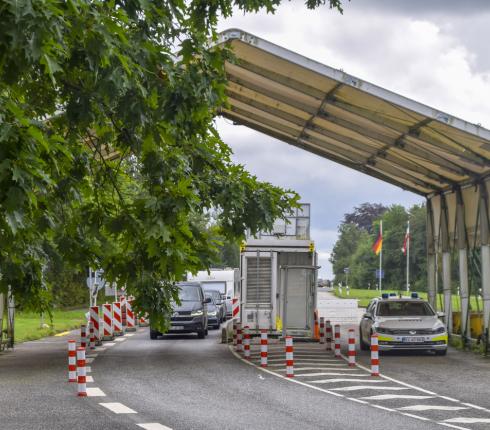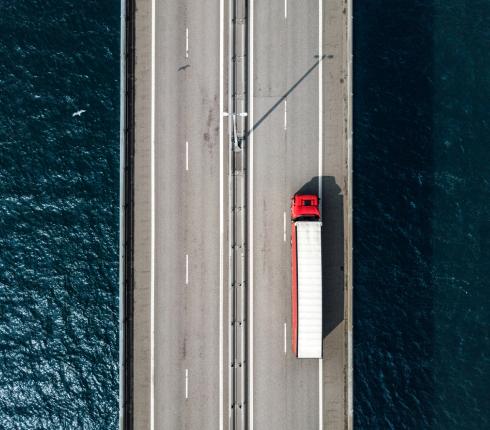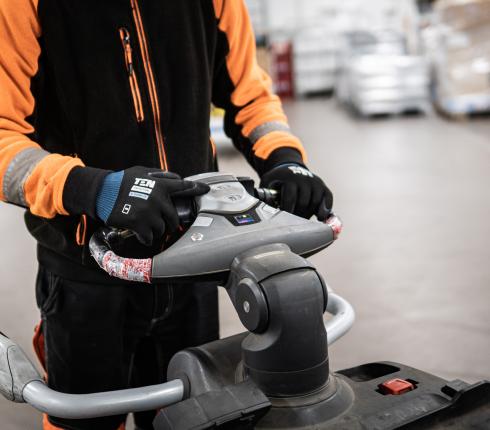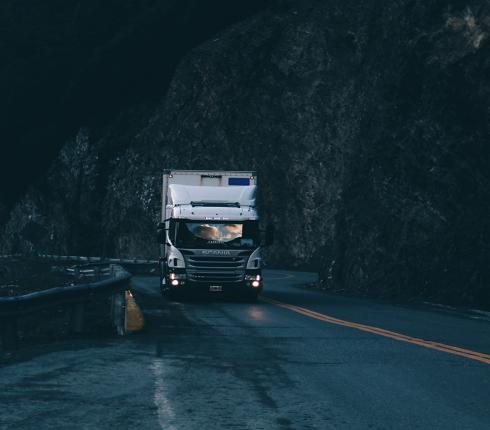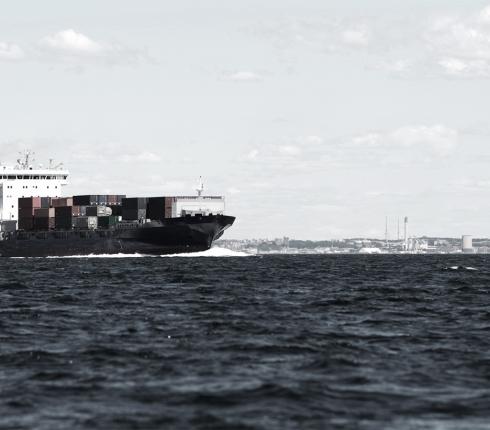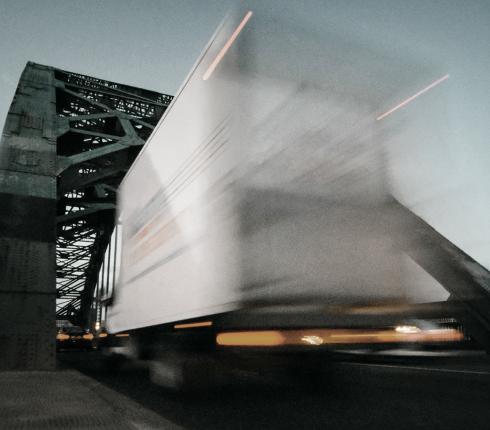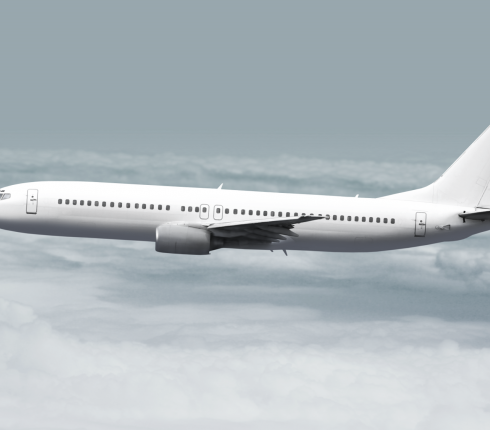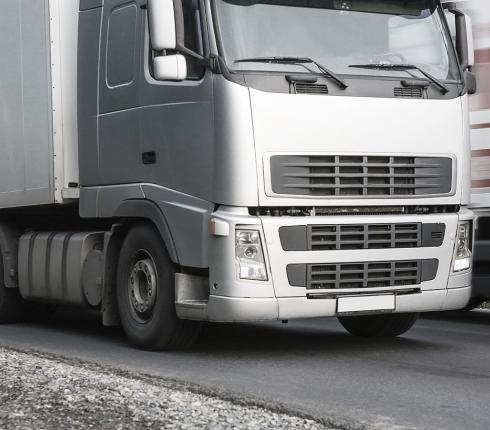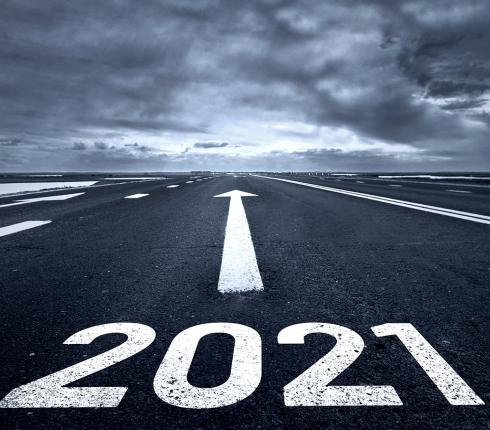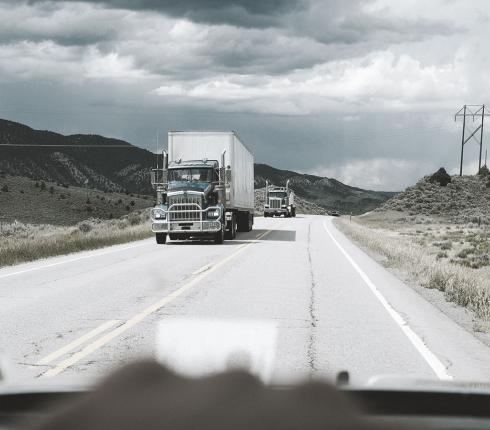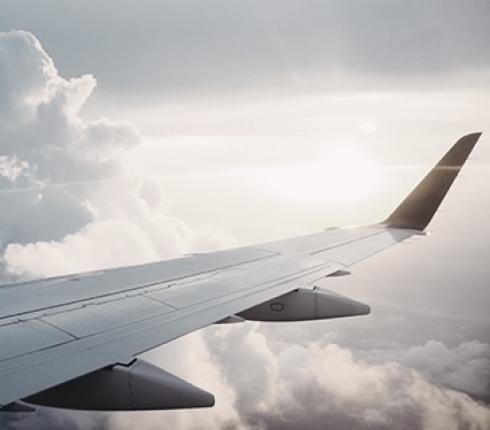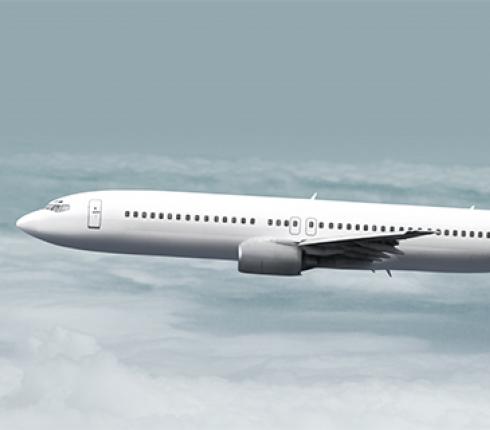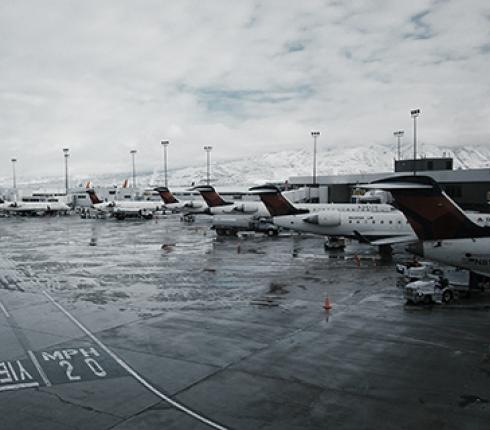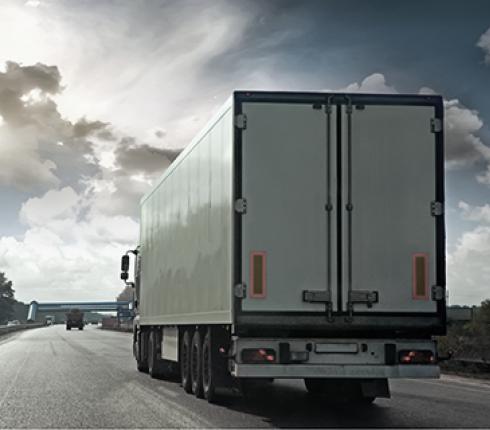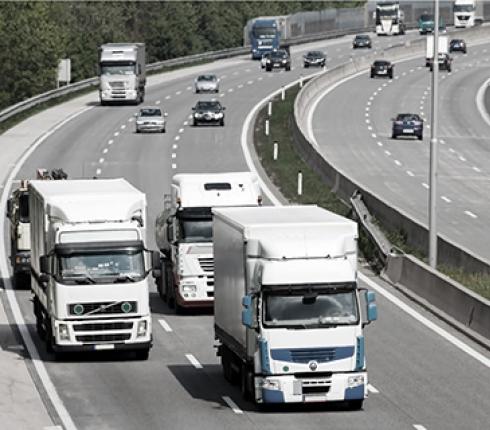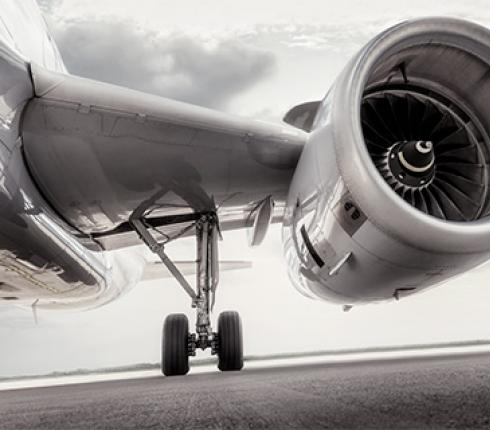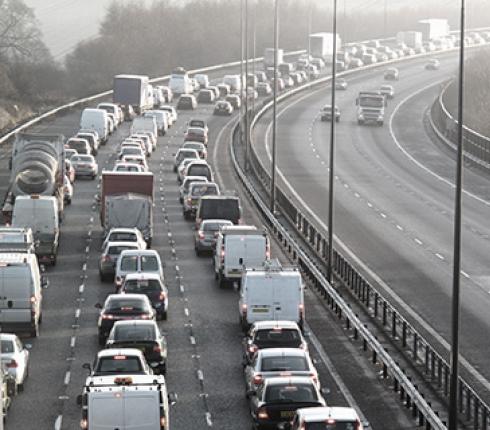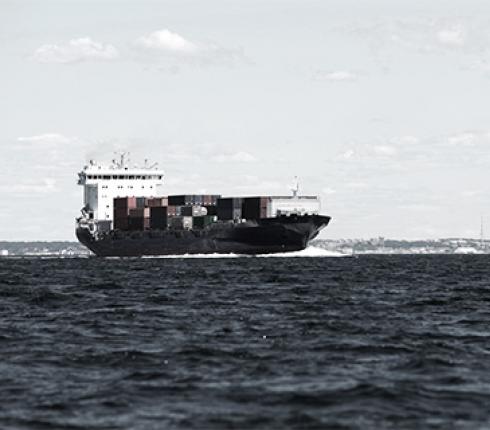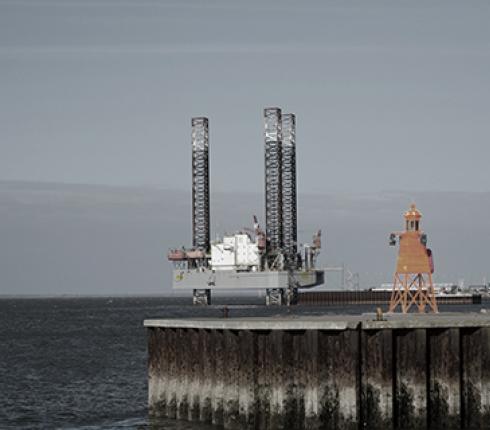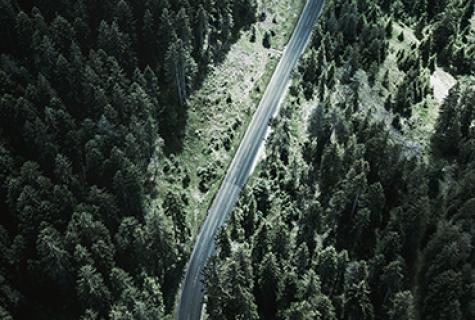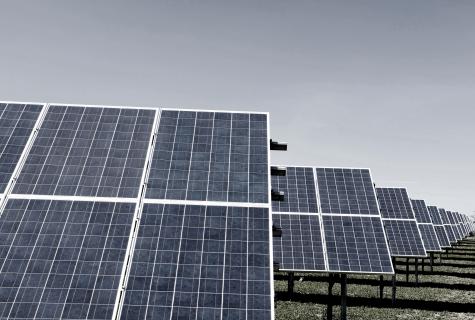NJORD Estonia: Your neighbour bought a drone!?
Drones are useful and accessible tools, that can be used in many fields. However, you should always be careful when using new technologies, since they often involve several safety, security and privacy risks. In the hands of an unexperienced pilot, a drone can cause severe damage by crashing into a person or their property. Also, drones can be used for carrying cameras, that allow them to film and photograph nearly anything, violating another persons’ privacy. Minimizing risks associated with drones is important to everyone – drone pilots, sellers and other concerned parties alike, because not knowing the rules for using drones might result in hefty fines.
Currently, there is no need to apply for a one-time permit in Estonia, if you wish to fly a drone in an uncontrolled airspace lower than 150 metres. But if you want to fly a drone higher than that and in a controlled airspace, you will need to apply for a one-time permit from the Civil Aviation Administration. The CAA’s only role regarding drones is supervising the pilots and giving out permits, which means that you don’t need a permit when buying or selling drones.
To fly drones, several prerequisites must be met to protect persons and their properties, especially if drones are used to record or store the gathered information. Legal entities are only allowed to record publicly if they have announced it beforehand. A physical person can use drones to record for their own personal use without notifying anyone. Processing personal data is only allowed with the consent of the concerned party. If the intent for the filming is to gather data about a person, then it can be considered as a private surveillance and in that case, we’re dealing with a crime.
Flying a drone over someone else’s land can be banned by the land owner if the activity interferes with them using the land. However, land owners can’t ban drones hovering above their land just because they find it annoying. The land owner can however, drive it away or break it without exceeding the limits of self-defence. But you have to keep in mind that the only way that breaking someone’s property is legal is if it’s a matter of self-defence. If you break someone’s drone without a reasonable excuse, you can be held liable for damages, including criminal liability.
To prevent endangering situations for people, properties or other aircrafts, you should consult with an expert before flying a drone. Since a buyer’s first contact when purchasing a drone is with the seller of the drone, it’s very important that the seller gives correct information about regulations regarding handling a drone.
If you would like more information about rules and regulations for drone sellers and buyers, contact us!

